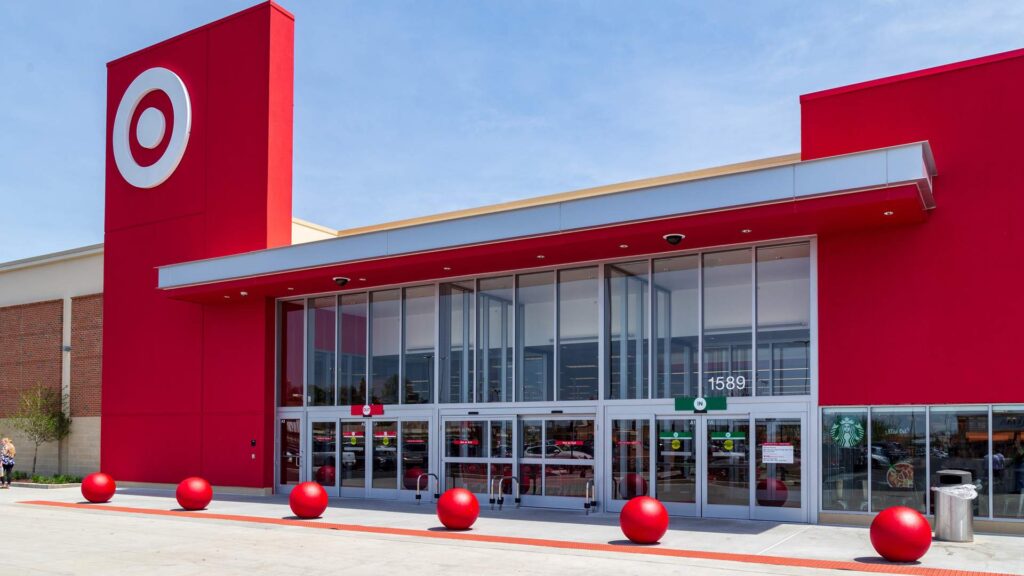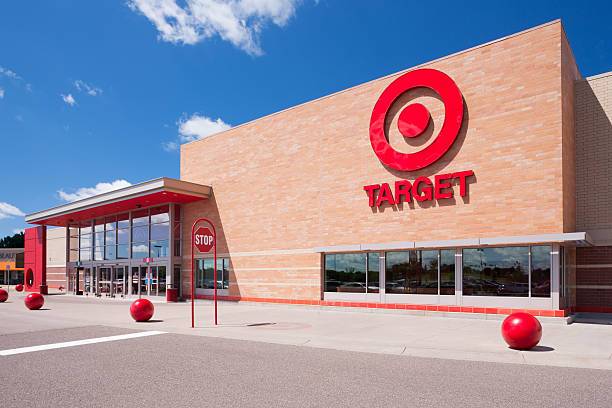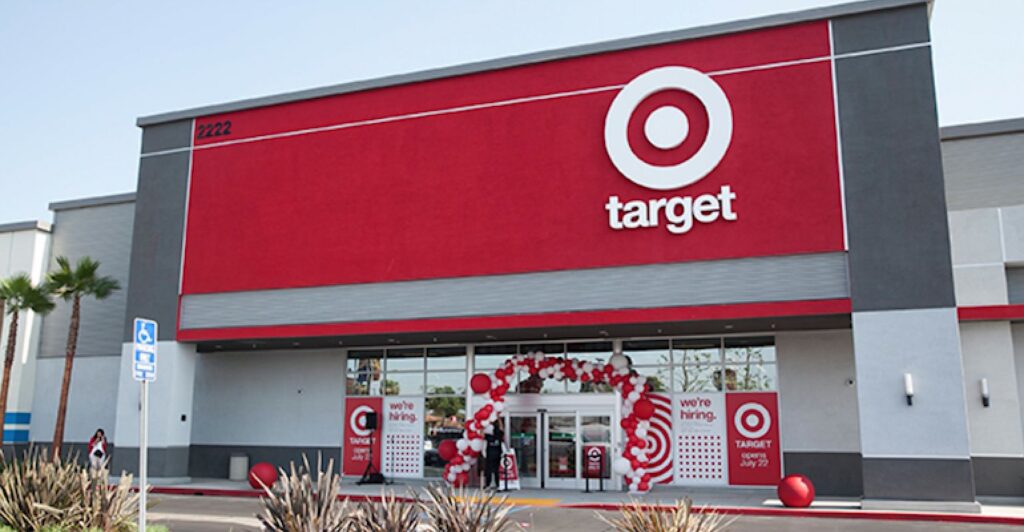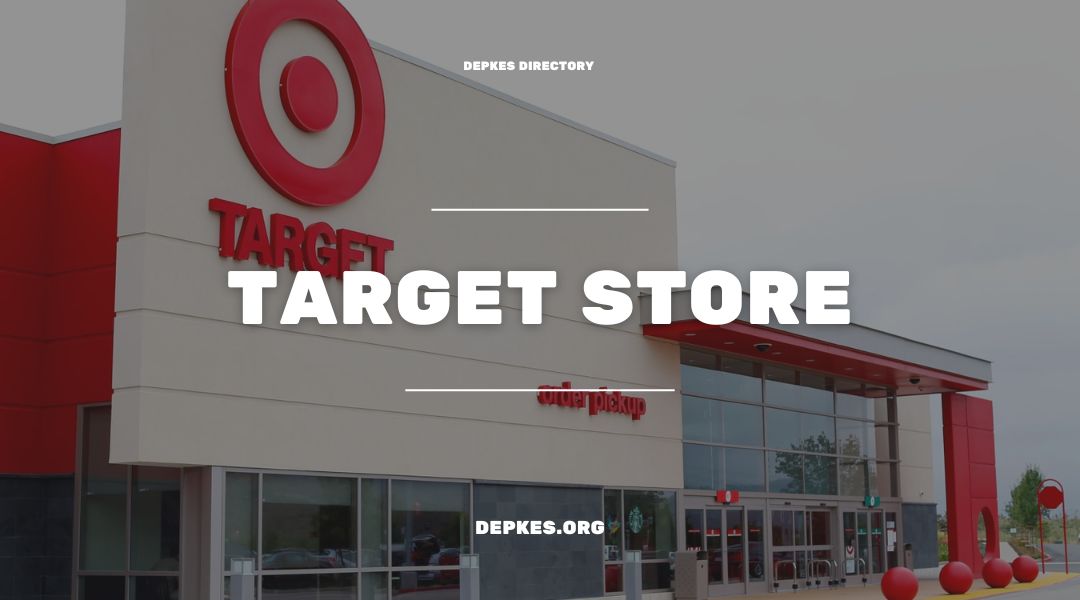Target is a retail giant that has become a household name in the United States, offering a wide range of products, from groceries to fashion, electronics to home goods. In this article, we explore the world of Target, covering its founder, history, product offerings, the pros and cons of shopping there, and its market worth.

Daftar isi:
Exploring Target’s Presence in Major U.S. Cities
Dive into Target’s reach across America’s bustling hubs! We’ll explore major cities like Houston, Chicago, and Miami, where Target thrives thanks to diverse populations with a penchant for style, value, and convenience.
These dynamic urban centers mirror Target’s commitment to offering trendy homeware, fashionable apparel, and everyday essentials at budget-friendly prices. Curious about the biggest Target Superstore in the US? We’ll unveil that surprise too, so buckle up for a Target adventure!
Founder
Target, a retail giant known for its diverse offerings and wide-reaching presence, has a rich history that can be traced back to its founder, George Dayton. In 1902, George Dayton, a prominent banker and astute real estate investor, embarked on a retail journey that would shape the future of American retail. He inaugurated a solitary store in downtown Minneapolis, Minnesota, which he named “Goodfellows.”
What began as a single retail establishment, “Goodfellows,” soon evolved into a retail empire that would later become the esteemed Target Corporation. George Dayton’s keen business acumen and vision for providing customers with a comprehensive shopping experience laid the foundation for Target’s growth and success.
Over the years, Target has earned a stellar reputation for its commitment to offering a wide array of high-quality products, coupled with an emphasis on affordability and convenience. George Dayton’s legacy lives on through the enduring presence and prominence of the Target Corporation, a company that has become synonymous with the retail landscape of the United States.
History
Target’s history spans over a century, marked by significant milestones:
- 1902: George Dayton opens Goodfellows, the precursor to Target, in Minneapolis.
- 1918: The first Target store opens in Roseville, Minnesota, known for its unique design and concept.
- 1960s: Target introduces the concept of “discount retailing,” offering quality products at lower prices.
- 1980s: The iconic red bullseye logo is adopted, solidifying Target’s brand identity.
- 1990s: Target expands its reach nationally, becoming a major player in the retail industry.
- 2000s: Target continues to grow, with innovations like the Target Visa card and designer collaborations.
- 2020s: Target remains a prominent retailer with thousands of stores across the United States and a strong online presence.
List of Products
Target is renowned for its diverse product offerings, which encompass:
- Clothing and Apparel: Target offers a wide range of fashion for men, women, and children, often collaborating with designers and brands.
- Groceries: Shoppers can find fresh produce, packaged foods, and household essentials in Target’s grocery section.
- Electronics: Target carries a variety of electronics, including smartphones, tablets, and televisions.
- Home Goods: Furniture, decor, bedding, and kitchenware are available for home improvement.
- Toys and Games: Target is a go-to destination for toys, games, and entertainment.
- Beauty and Personal Care: Makeup, skincare, haircare, and grooming products are sold.
- Household Essentials: Cleaning supplies, laundry items, and organizational products are offered.
- Health and Wellness: Target provides a pharmacy, over-the-counter medications, and health products.
- Outdoor and Sports: Sports equipment, outdoor gear, and fitness items are available.
- Books and Entertainment: Shoppers can find books, movies, music, and video games.

Pros & Cons
Pros:
- Wide Selection: Target’s vast product range makes it a one-stop shop for various needs.
- Quality and Style: Target is known for offering stylish and often designer-inspired products.
- Convenience: Many locations offer services like same-day delivery and curbside pickup.
- RedCard Savings: Target’s RedCard offers additional discounts and benefits to frequent shoppers.
- In-House Brands: Target’s private labels, such as Cat & Jack and Up & Up, are well-regarded for quality and affordability.
Cons:
- Price Variability: While Target offers affordable options, some products may be pricier than discount retailers.
- Crowded Stores: High foot traffic can lead to crowded shopping experiences, especially during peak hours.
- Limited Fresh Food Selection: Although Target sells groceries, the selection may be smaller than dedicated supermarkets.
Net Worth (Market Cap)
Target Corporation had a market capitalization of around $100 billion. Market values can fluctuate, so it’s essential to check the current market cap for the most accurate figure.

Target has established itself as a retail powerhouse, offering an extensive array of products to cater to nearly every aspect of consumers’ lives. Founded over a century ago, it has evolved into a trusted brand known for quality, style, and affordability. Whether you’re looking for clothing, groceries, electronics, or home decor, Target’s broad selection, coupled with its convenient shopping options, makes it a go-to destination for millions of shoppers across the United States.

